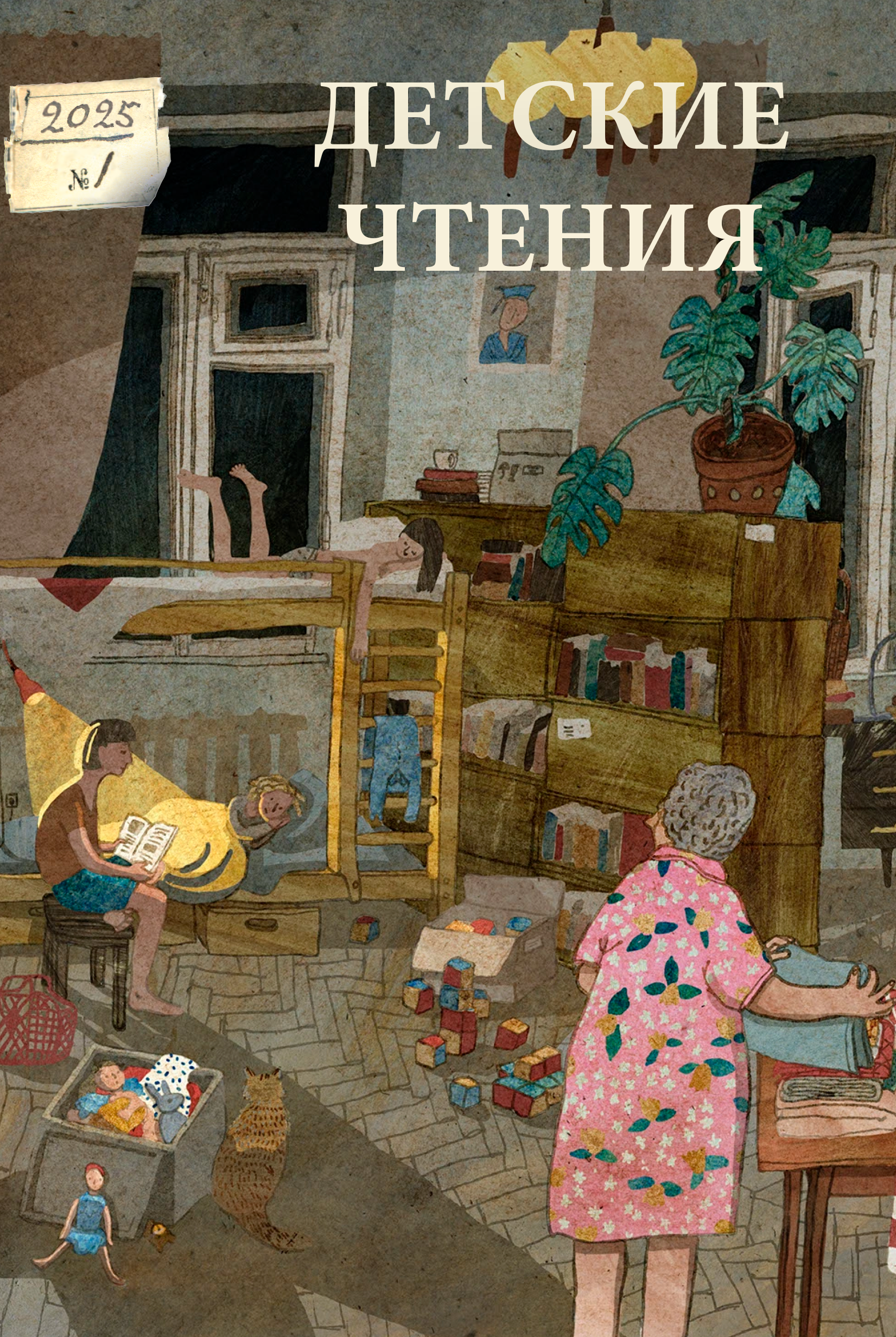BULAT OKUDZHAVA’S MUSICAL THE ADVENTURES OF BURATINO: FOR CHILDREN AND ADULTS
DOI:
https://doi.org/10.31860/2304-5817-2025-1-27-77-91Abstract
The article examines Bulat Okudzhava’s song cycle Golden Key: The Musical, conceived during the production of Leonid Nechaev’s film The Adventures of Buratino (1975) and published in 1993. Based on the memoirs of Okudzhava and Nechaev, the study reconstructs the creative history of the cycle and the circumstances surrounding the creation and existence of the songs that formed the musical. Okudzhava’s Golden Key is analyzed as a complexly structured text that, like Alexey Tolstoy’s fairy tale, has a clear dual audience. While it is intended for children at the plot and character level, it also contains numerous markers that allow it to be interpreted as the poet’s reflection on the historical processes of the “Thaw” and two adjacent historical eras. A key theme in Okudzhava’s reflections is the relationship between society and government across various periods of Soviet history. The abundance of self-reminiscences, both serious and parodic, in turn, allows the cycle to be examined within the broader con- text of Okudzhava’s oeuvre and in relation to the ideological and stylistic characteristics of his poetic world — “fairy-tale, medieval, and toy characters” (Alexandr Zholkovsky) — which trace back to the poetry of Alexandr Blok and Alexandr Vertinsky. The text embodies “ambivalence,” balancing between the hope for a miracle and the recognition of its impossibility.
Keywords: Bulat Okudzhava, Alexey Tolstoy, Leonid Nechaev, “The Golden Key. Musical”, “The Adventures of Pinocchio”, two-address installation, auto-reminiscences, parody, “thaw”







